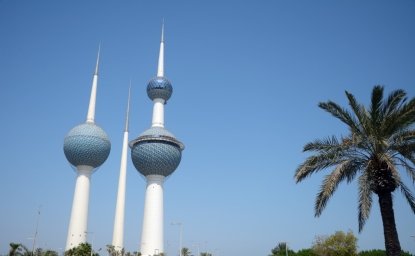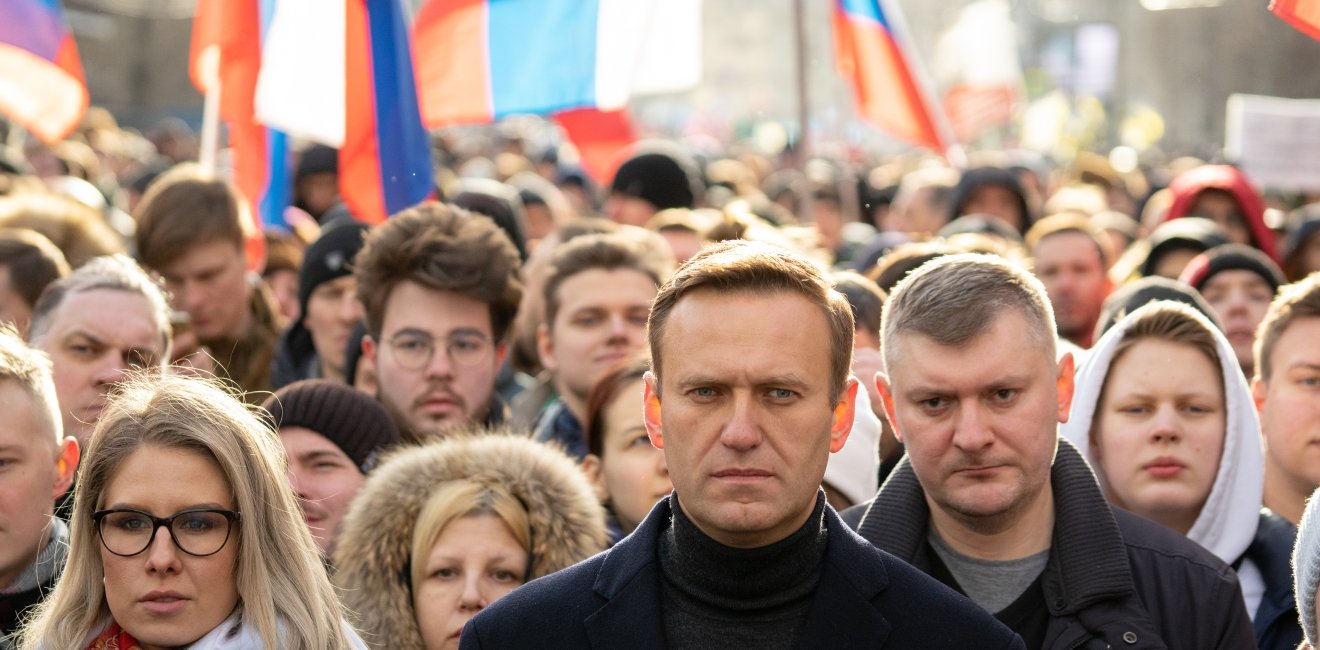On January 17, Alexei Navalny was immediately arrested upon his return to Russia from Germany, triggering a massive wave of protests across Russia. The Kennan Institute recently asked several of our experts to weigh in on this developing story and consider the following questions:
- What did the Kremlin hope to achieve by arresting Alexei Navalny, and has his arrest weakened the government’s hand?
- What can we infer from the widespread nature of the protests on January 23rd, as well as the Kremlin’s response?
- How has pro- or anti-opposition sentiment changed recently among different demographics, and might shifting support lead to a long-running series of protests, like we’ve seen in Khabarovsk and Belarus?
- Would further sanctions or punitive measures taken by the West alter the Putin regime’s calculus on dealing with the protests?
- Do Alexei Navalny’s politics matter?
Read contributions from Anna Arutunyan, Sergey Parkhomenko, Nina Rozhanovskaya, Regina Smyth, and Yuval Weber below.
Explore the Analysis from Our Experts
-
Anna Arutunyan, Journalist; Global Fellow, Kennan Institute
-
Sergey Parkhomenko, Journalist, "Echo of Moscow" Radio; Senior Advisor, Kennan Institute
-
Nina Rozhanovskaya, Coordinator and Academic Liaison in Russia, Kennan Institute
-
Regina Smyth, Professor, Indiana University; Woodrow Wilson Fellow
-
Yuval Weber, Research Assistant Professor, Texas A&M’s Bush School of Government and Public Service; Global Fellow, Kennan Institute
Authors

Russian-American journalist, analyst, and author

Journalist, publisher, organizer of civic projects


Professor of Political Science, Indiana University
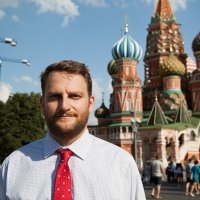
Research Assistant Professor, Bush School of Government and Public Service, Texas A&M University

Kennan Institute
The Kennan Institute is the premier US center for advanced research on Eurasia and the oldest and largest regional program at the Woodrow Wilson International Center for Scholars. The Kennan Institute is committed to improving American understanding of Russia, Ukraine, Central Asia, the South Caucasus, and the surrounding region though research and exchange. Read more

Explore More
Browse Insights & Analysis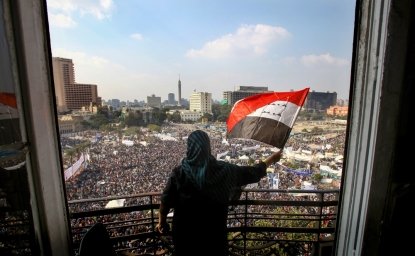
Living Interesting Lives: Daily Life Amidst Coup D’etat and Revolution

Did the 20th Century Just End? One Historian’s Perspective
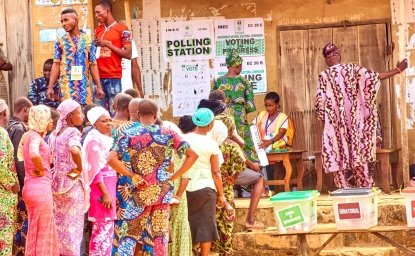
Democratic Governance in Africa: Trendlines and Transformations
